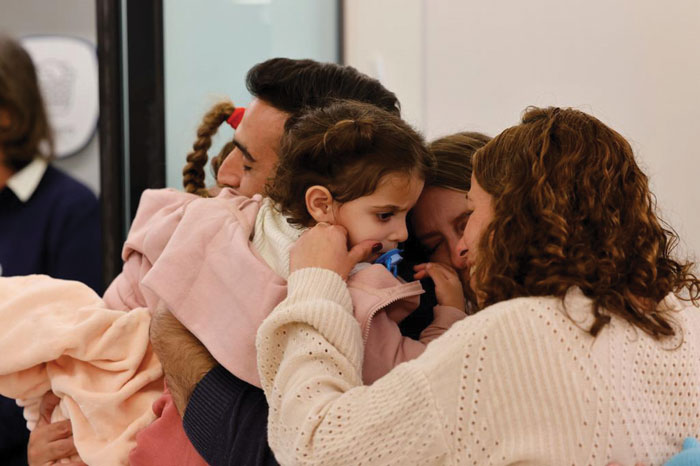
When Israeli Children Were Released From Gaza: An Interview with Dr. Efrat Bron-Harlev
An interview with Dr. Efrat Bron-Harlev, director of Schneider Children’s Medical Center in Petah Tikva, which received 19 children freed from captivity in Gaza.

An interview with Dr. Efrat Bron-Harlev, director of Schneider Children’s Medical Center in Petah Tikva, which received 19 children freed from captivity in Gaza.
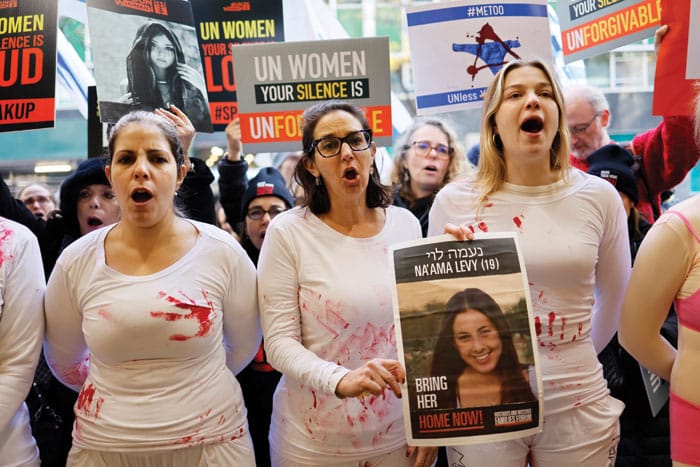
A recent UN report concludes that Hamas sexually assaulted hostages in its October attack on Israel, urging global condemnation
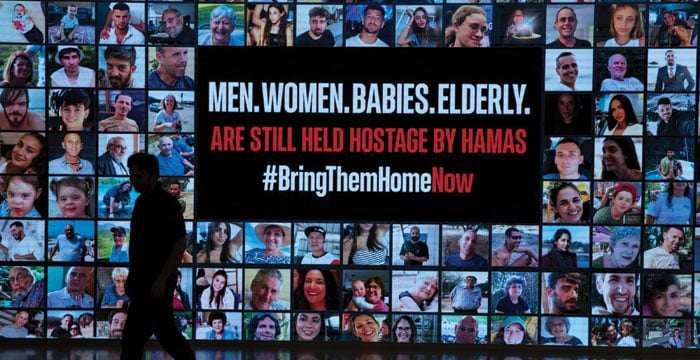
“The objective of this psychological warfare related to the abductees is to prompt as many citizens as possible, especially the families of the captives, to exert pressure on the Israeli government.”
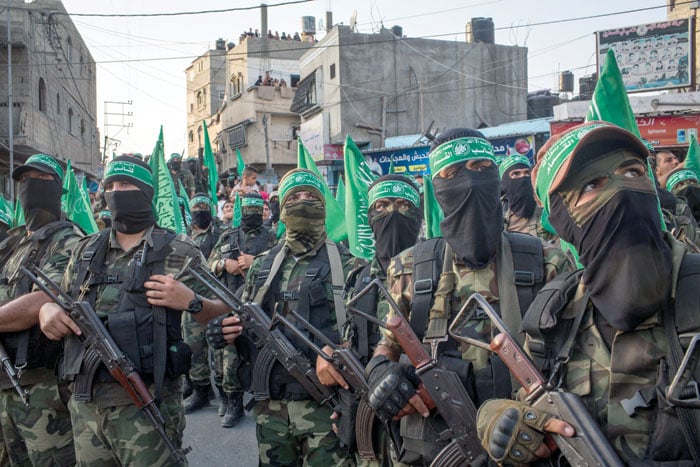
Honest people understand that the plight of the Palestinians is merely a false flag in making antisemitism fashionable.
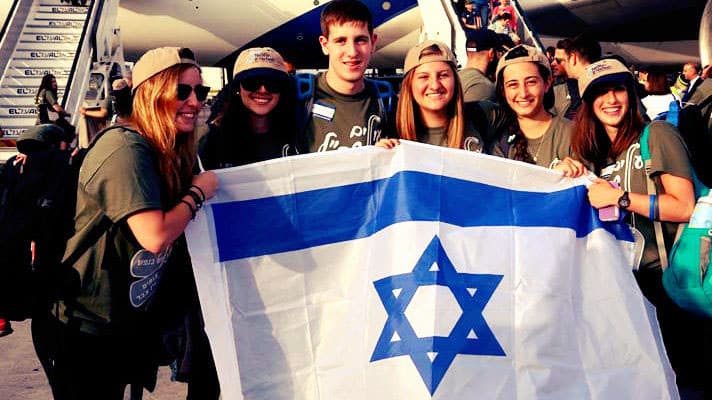
Rising anti-Semitism is prompting Jews around the world to show increased interest in moving to Israel even during the ongoing war, with significantly more aliyah applications in France, the US and the UK than at this time last year
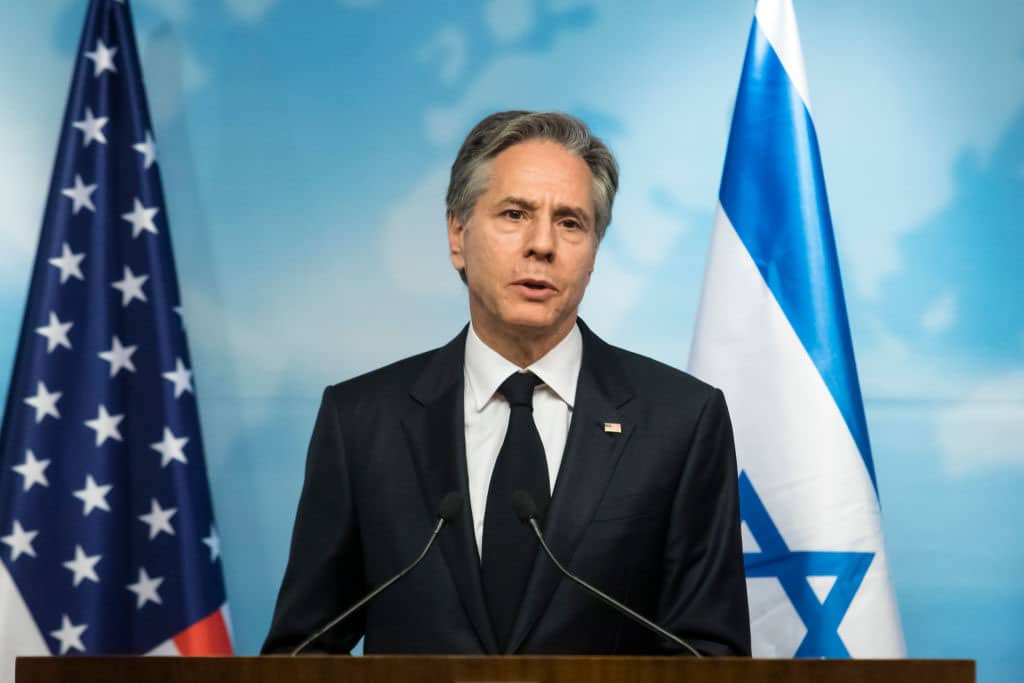
US Secretary of State Antony Blinken visits Israel amid rising tensions, aiming to extend the fragile cease-fire between Israel and Hamas
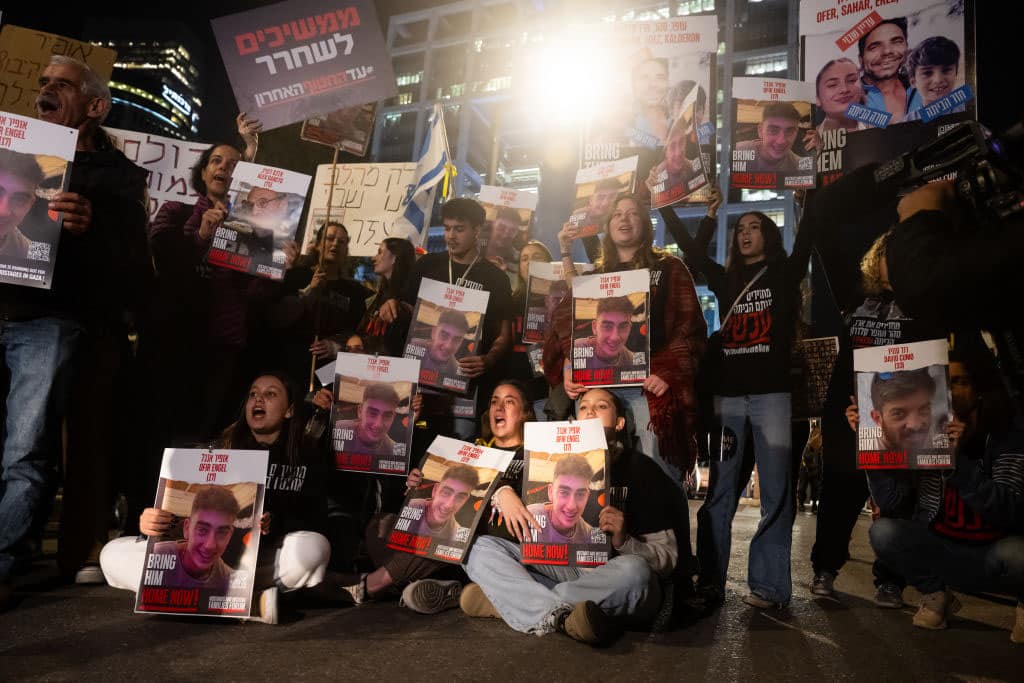
51 Fifty-one Israeli hostages and and 24 hostages that who are foreign nationals were released by Hamas over the course of the first four days of the ceasefire. About 150 Palestinian prisoners were released by Israel in exchange for the hostages.

Defense Minister Yoav Gallant: “We have taken an important first step – we will continue and do everything necessary to return the hostages home.”
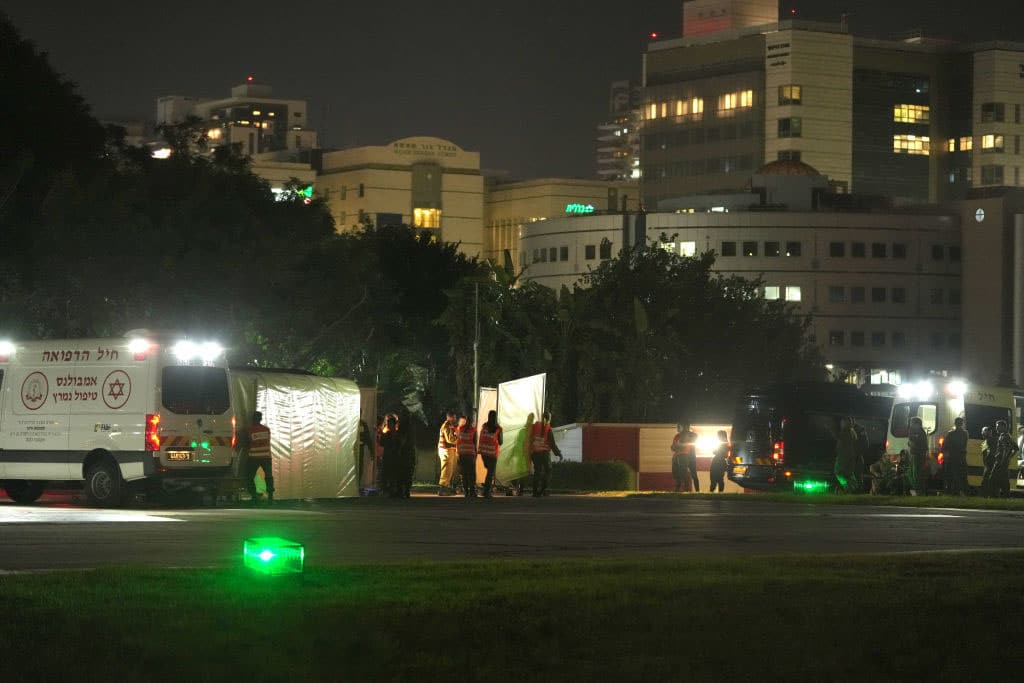
13 Israeli, 10 Thai, and one Filipino are confirmed released. The Israelis range in age from 2 to 85 years old.

555 Jewish Physicians from the University of Toronto have condemned discrimination against Jews and proudly proclaimed their Zionism. American professors should follow.

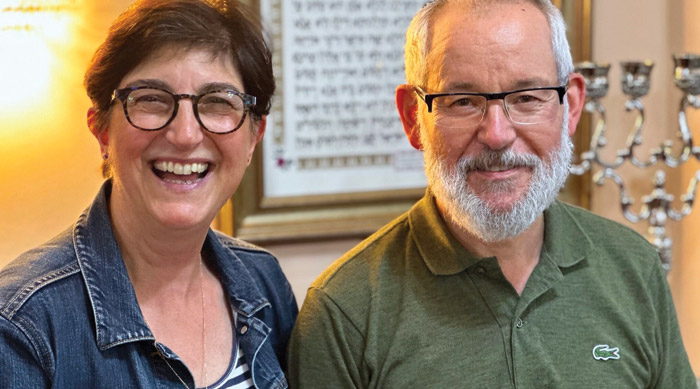
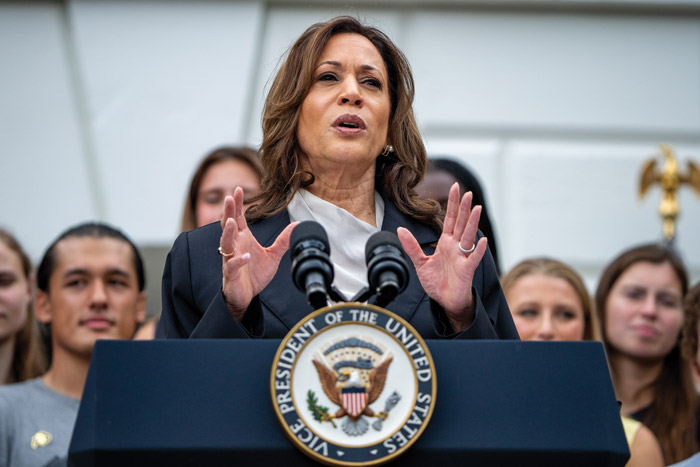
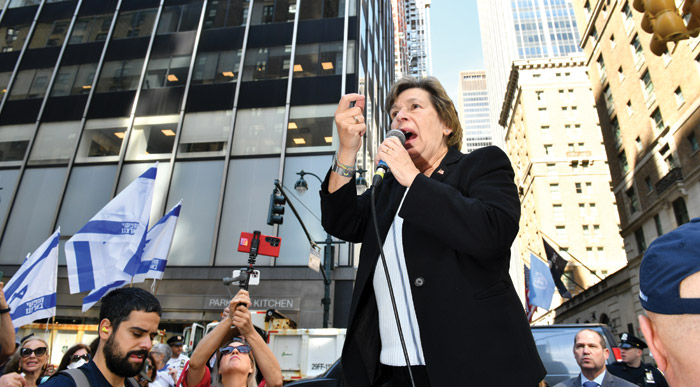
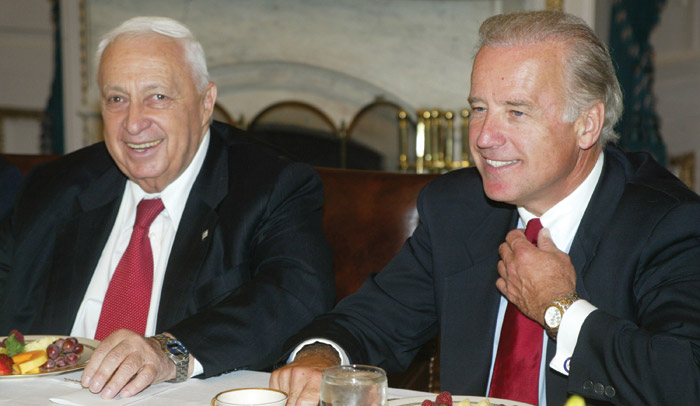
 More news and opinions than at a Shabbat dinner, right in your inbox.
More news and opinions than at a Shabbat dinner, right in your inbox.